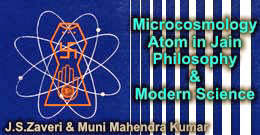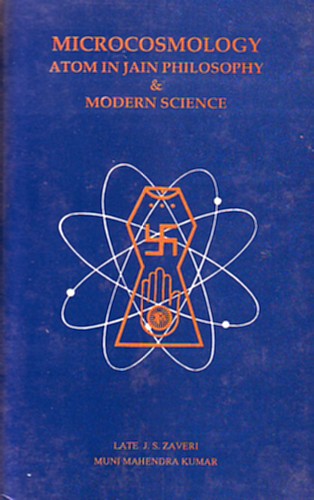
To grasp properly the Jain views, regarding the theory of atom, it is necessary to understand the Non-absolutist attitude of the Jains regarding the nature of Reality. We shall, therefore, very briefly discuss the Non-absolutist Realism of the Jain Philosophy.
The Jains have developed, perhaps, a unique system of metaphysical thinking based upon their unique epistemology, which recognizes both empirical and transcendental experience to be within the scope of human knowledge. According to them, reality is self-existing, self-consistent, and self-contained. It does not depend upon something outside it for its existence. Secondly, the Jain system is free from all absolutism. It does not deprecate common sense interpretation of experience in favour of abstract a priori logic. The logical attitude is intimately bound up with its empiricism. This realistic view stands in a close relation of kinship not only to the other realistic philosophies but also to science.
Since we want to make an attempt to compare the findings of Jain philosophical inquiry with the results of scientific pursuit, it would not be improper to devote a little space to a brief study of Western philosophical views, both ancient and modern.
Jain Philosophy, however, has the misfortune of not being able to attract Western scholars to rediscover it for its interpretation in terms of modern scientific concepts, unlike Buddhism and other systems of Indian Philosophy.
Over the centuries, the philosophical attitude in the west has never been constant but undulated between idealism and realism. The difference between these two appears to be irreconcilable, being more or less bound up with the innate difference of predispositions and tendencies varying from person to person. The result is an uncompromising antagonism. The Western scholars, who were brought up in the tradition of Kant and Hegel, and who studied Indian Philosophies, were more sympathetic towards the Idealistic systems of India. In the 19th century, there was a predominant wave of Monism, scholars like Max Müller were naturally attracted towards the metaphysical views of Sankara, etc., and the uncompromising Monism of Vedanta was much admired as the cream of the oriental wisdom. Jethalal S. Zaveri
Jethalal S. Zaveri
 Prof. Muni Mahendra Kumar
Prof. Muni Mahendra Kumar

